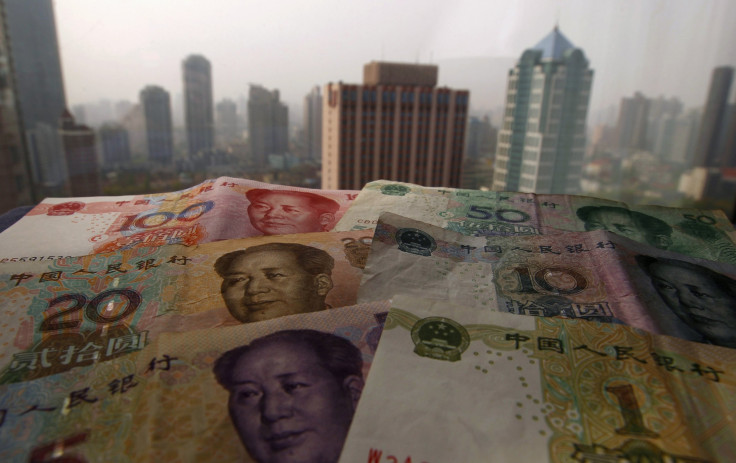China Expands Free-Market Initiatives To Draw More Private Funds Into Economy; Short Selling Should Be Easier

China has launched a set of free-market initiatives that aim to draw private capital into the world's second-largest economy as it struggles to maintain robust growth.
Key among those initiatives is state-backed China Securities Finance Corp., which lends money and securities to brokerages that facilitate margin trading and short selling, the Financial Times reported Tuesday. Effective Wednesday, the CSF added 19 securities companies to a pilot program, for a total of 30. Though the program launched in 2010, heavy regulatory restrictions and fears of destabilization have slowed its progress.
"There is more of a push on financial reform, and we'll see more tangible progress in the coming months," said Wang Tao, a UBS economist.
The newly added companies are smaller than the larger, often state-owned, ones that made up the original list. Borrowing from the CSF will help increase their revenue and, in turn, offer new investors more variety, greater participation and better price discovery in China's equity markets.
The CSF also added 287 stocks to the list of 87 stocks currently eligible for shorting. Those 287 stocks make up nearly two-thirds of China’s market capitalization.
Separately, the Shenzhen and Shanghai Stock Exchange announced it is expanding the list of stocks that investors can short, boosting the number to 700, according to Bloomberg News.
© Copyright IBTimes 2024. All rights reserved.












